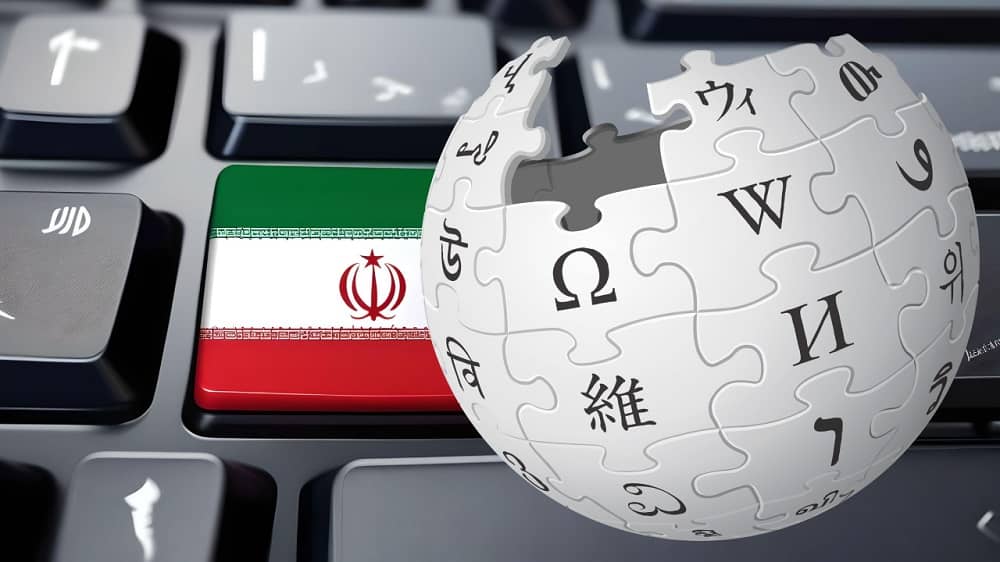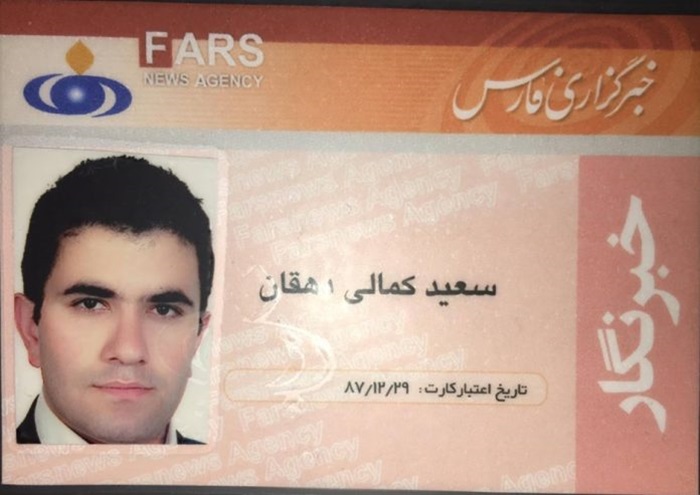
However, its open editing model raises concerns about content reliability due to susceptibility to manipulation and bias. Recently, malign actors, including the Iranian regime, have been implicated in coordinated campaigns to influence Wikipedia content, aiming to mislead those seeking truth.
On January 7, the Times of London highlighted a troubling trend: Wikipedia entries were altered to downplay human rights atrocities in Iran and other abuses. This manipulation extends to discrediting Iranian dissident groups and presenting government publications as impartial news sources.
Dr. Majid Rafizadeh, a political scientist and Harvard International Review board member, emphasized in a Townhall article on January 15 the vulnerability of Wikipedia to disinformation. He points out that despite Wikipedia’s neutrality and accuracy guidelines, these can be exploited by well-funded groups infiltrating the site.
Dr. Rafizadeh sheds light on Tehran’s tactics, notably against the principal Iranian opposition group, People’s Mojahedin of Iran (PMOI/MEK). He explains how the Iranian government spends significant resources on Western journalists to misrepresent the MEK, involving social media campaigns, fake news dissemination, and hiring reporters to present unverified claims as facts.
When the use of force failed to achieve the desired outcome and instead resulted in counterproductive consequences, the regime ruling #Iran resorted to softer tactics such as deception, demonization, and #psychological warfare.https://t.co/qOJPiWXoYq
— NCRI-FAC (@iran_policy) July 8, 2023
The English Wikipedia page for “People’s Mojahedin Organization of Iran” is a case in point. It suggests the group was once Iran’s “largest armed dissident group” but is now unpopular in Iran, largely due to siding with Iraq in the Iran–Iraq War. However, the sources of this statement, despite being from reputable outlets, are authored by individuals with a history of hostility towards the MEK, such as Saeed Kamali Dehghan of The Guardian, formerly associated with Iran’s Revolutionary Guards (IRGC)-operated Fars News Agency.
This manipulation is not confined to Iran’s regime. On October 17, 2022, Wired Magazine reported that governments have significant motives to influence Wikipedia, given its high traffic and search engine prominence. The magazine cites instances of fabricated history articles and the use of blunt tools by authoritarian regimes, such as site blocking, legal actions, and editor arrests.

Wired’s 2021 investigation revealed a pattern of self-serving Wikipedia edits dating back to 2007. A Caltech graduate’s study uncovered 34.4 million edits by diverse entities, from the CIA to Microsoft, often modifying content to serve their interests.
Wikipedia’s model allows for the creation of multiple accounts by users, enabling the amplification of specific viewpoints or the control of discussions. This susceptibility to biased or false information underscores the importance of discernment in approaching sensitive online information, especially regarding Iranian politics.
In an era where information is abundant yet prone to manipulation, the adage rings true: “In the age of information, ignorance is a choice.” The case of Iran’s regime using Wikipedia for narrative control highlights the crucial need for careful fact-checking, logical analysis, and understanding historical contexts in navigating the vast digital information landscape.

MEK Iran (follow us on Twitter and Facebook), Maryam Rajavi’s on her site, Twitter & Facebook, NCRI (Twitter & Facebook), and People’s Mojahedin Organization of Iran – MEK IRAN – YouTu







